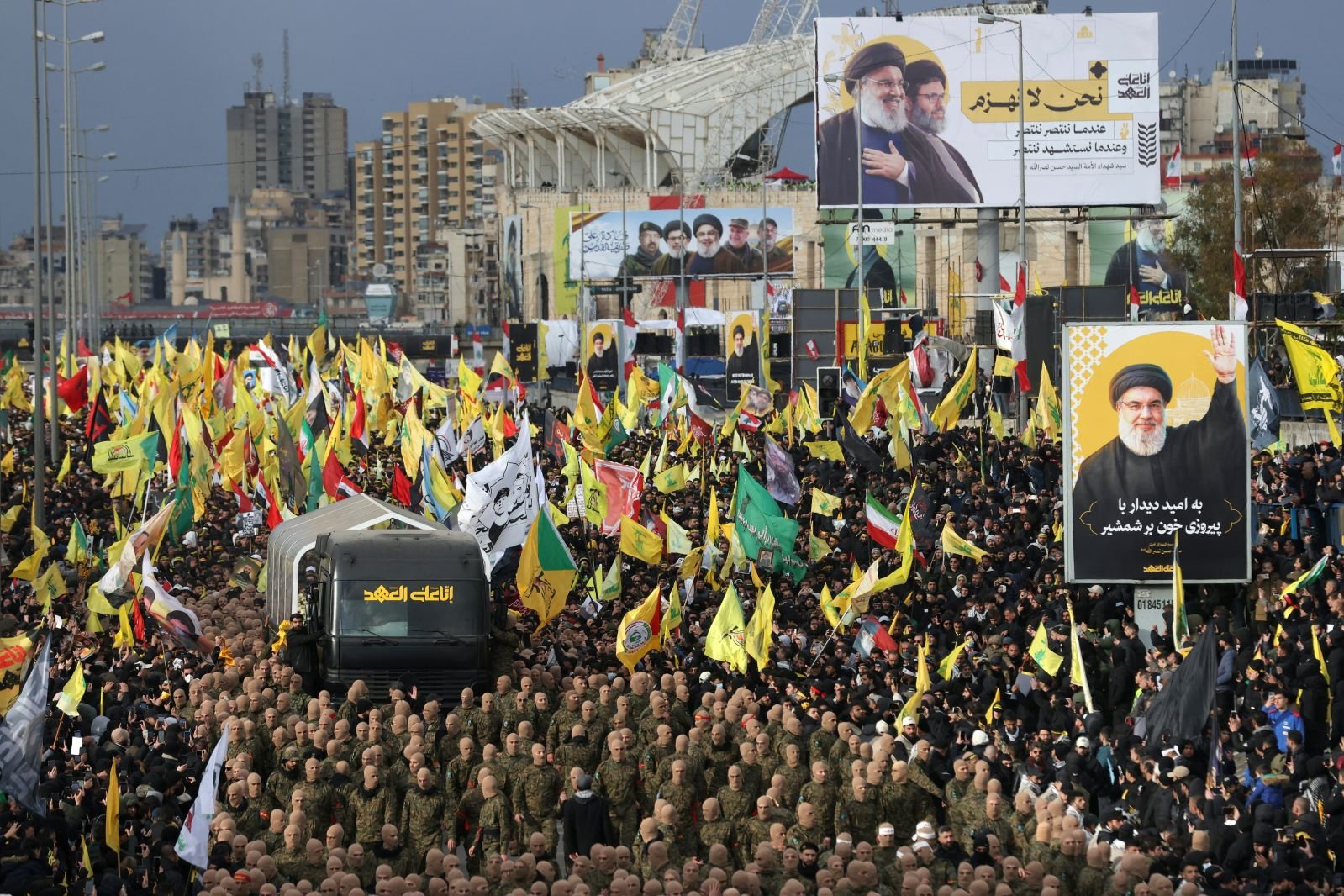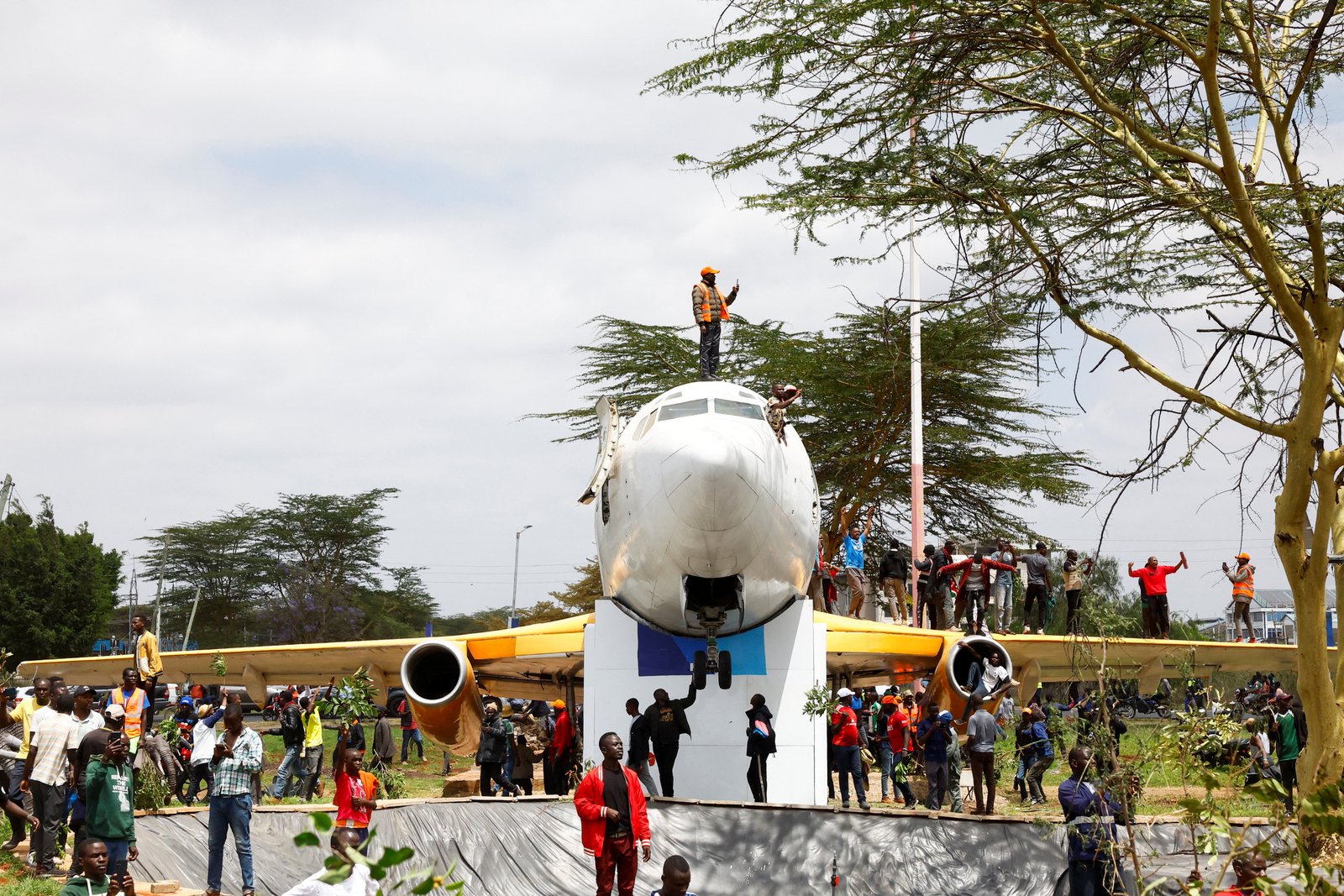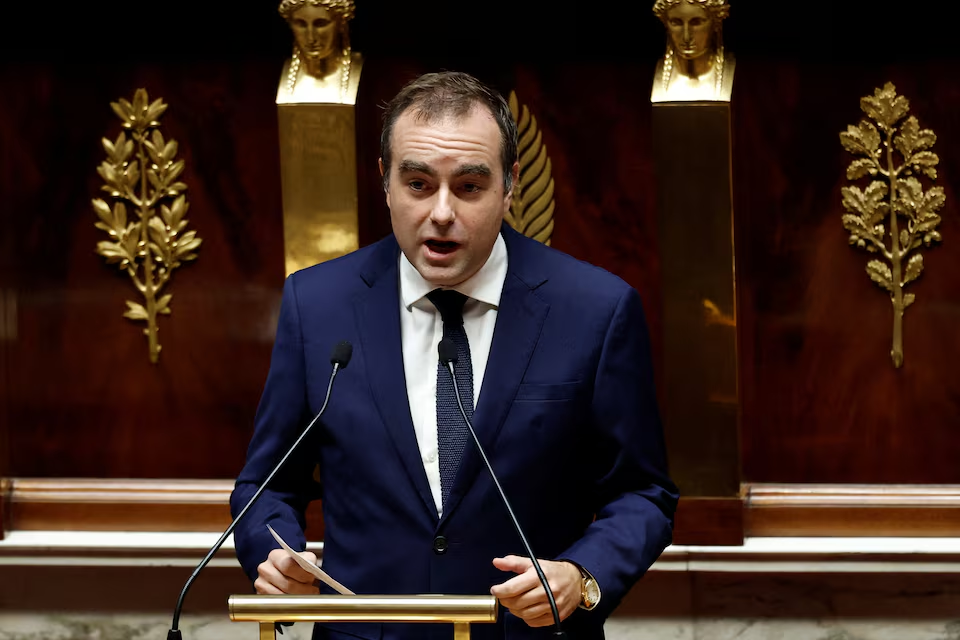With Hezbollah’s Influence Diminishing, Will Lebanon’s New Government Lead to a New Political Era and Liberation from Iran’s Influence?
Beirut: For the first time since its establishment in 1982, the political and military power of the Iran-backed Hezbollah militia has significantly diminished. After a devastating war with Israel, the organization’s leadership has become weakened, its coffers emptied, and its once formidable arsenal depleted.
Despite the grand funeral of Hezbollah's slain leader, Hassan Nasrallah, on February 23, which aimed to project an image of strength and resilience, the group's influence in Lebanon and the broader region has undeniably waned.
Michael Young, senior editor at the Beirut-based Malcolm H. Kerr Carnegie Middle East Center, told Arab News, “The Lebanese are now ready for the country to have a monopoly on weapons. Hezbollah is certainly not going anywhere, but the big question is whether it can reinvent itself.”
The fall of the Assad regime in neighboring Syria, once a key supply route for weapons from Iran, has complicated Hezbollah’s situation further. The group is no longer able to rearm and has lost the power to dictate Lebanon’s affairs.
Hezbollah is reportedly facing an economic crisis, leaving it unable to provide medical support for its injured members or assist in the reconstruction of its strongholds in southern and eastern Lebanon, which were devastated by Israeli bombardments.
Many Lebanese people are welcoming the political change, as former army chief Joseph Aoun was elected president, and ICJ judge Nawaf Salam was appointed prime minister. This change signals the end of Iran’s influence and opens the way for reforms and international support to pull the country out of the crisis.
Aoun’s recent visit to Saudi Arabia, which marked the first visit by a Lebanese leader in eight years, has been seen as a positive step in resetting bilateral ties. Both Saudi Arabia and Lebanon are looking to resume trade and work together to compensate for the country’s civil war damages.
However, not everyone in Lebanon is supportive of the political shift. Hezbollah supporters are still disappointed by the loss of their leader Nasrallah and the forced acceptance of a US-brokered ceasefire with Israel, which has been seen as a major blow to the "Axis of Resistance" of Iran-backed proxies across the region.
This could be the beginning of a new era for Lebanon, but it will depend on whether Hezbollah reassesses its strategy and whether the Lebanese people can find new paths to emerge from their current situation.










